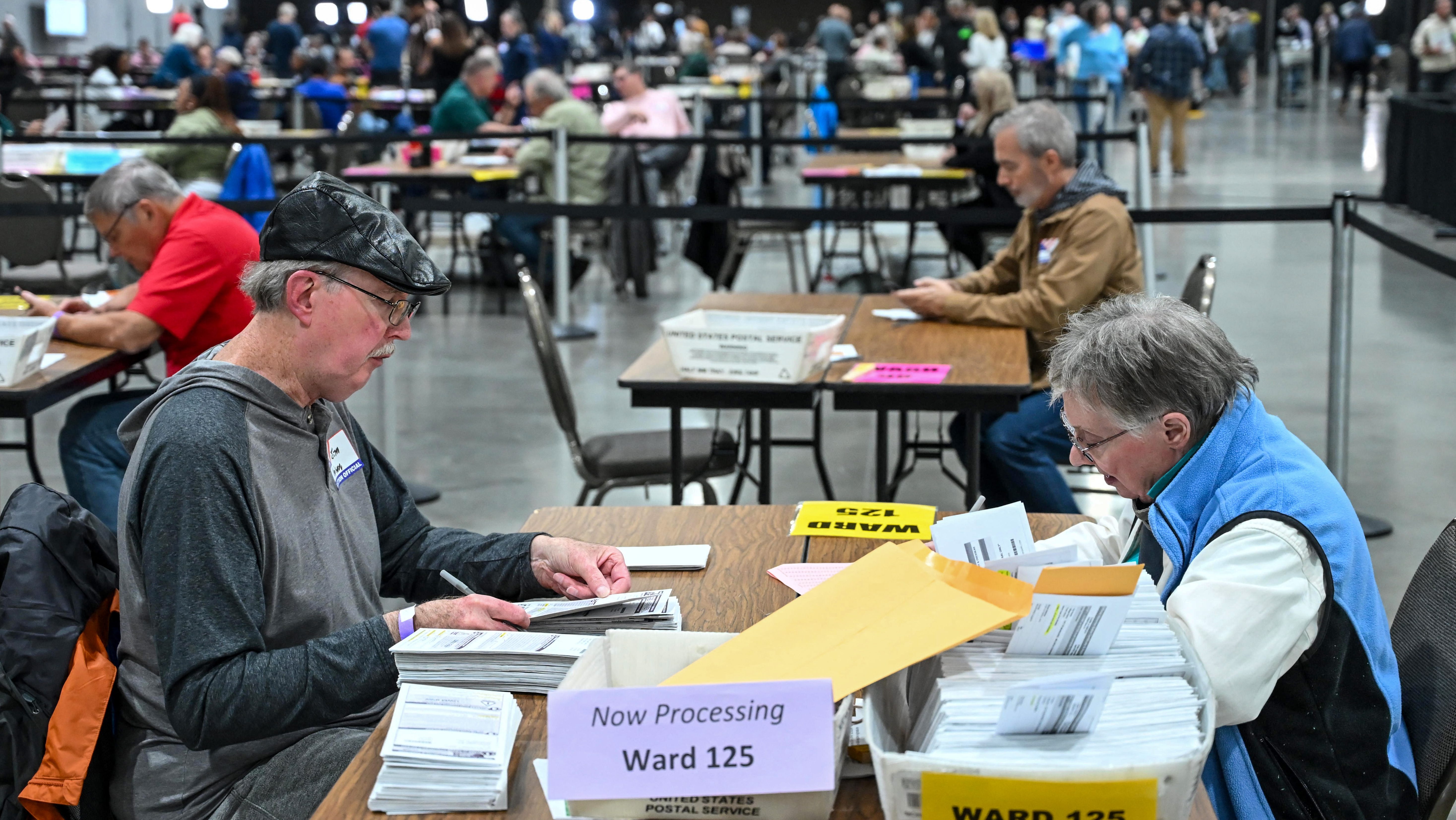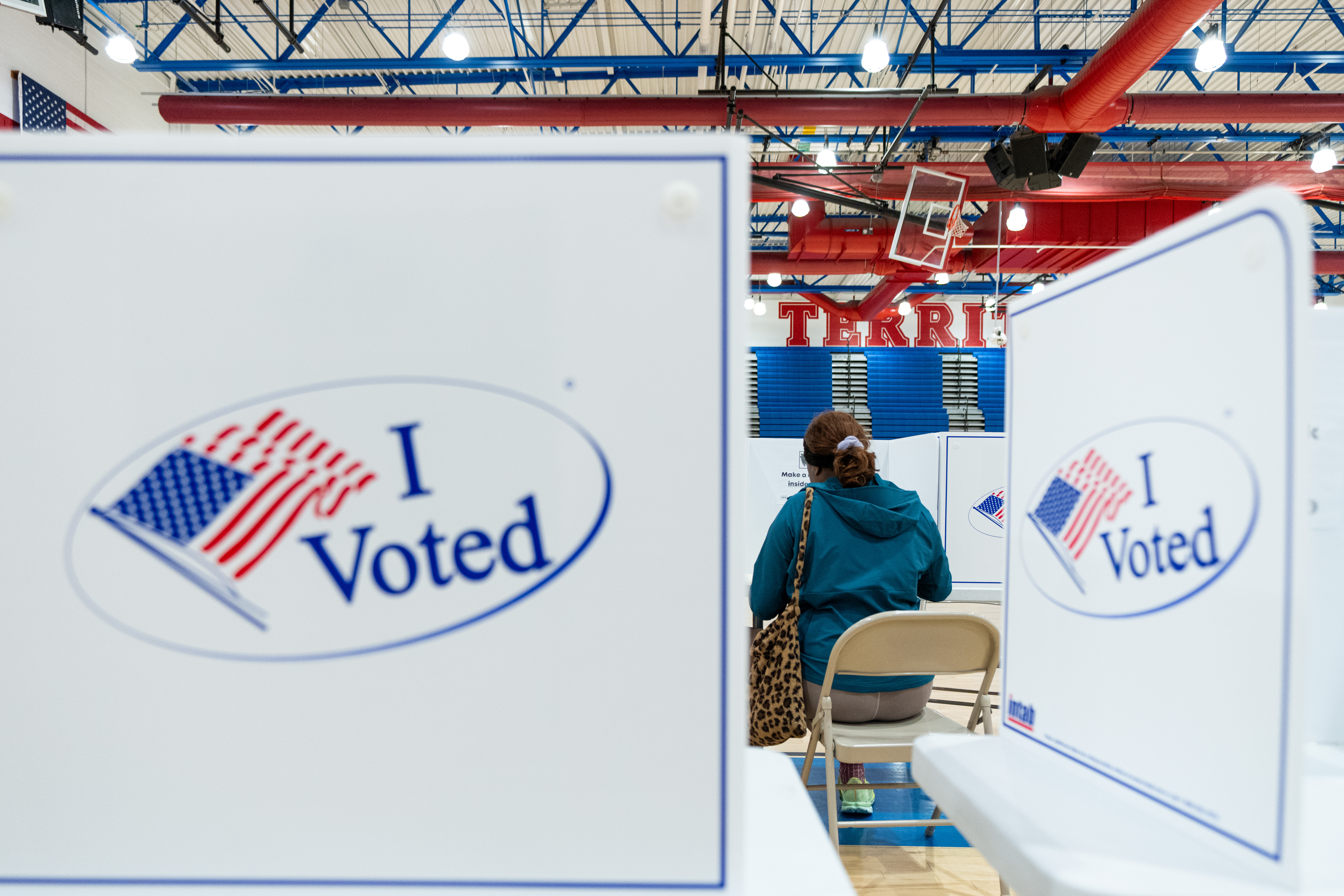Ever had difficulty getting to the polls to vote? You may have questioned at the time why Election Day is held on a Tuesday.
Having the polls opened on the weekend sure seems as if it would be more convenient for most voters.
The simple answer is that it started that way a long time ago and just kind of stuck, continuing in 2024 with Election Day on Tuesday, Nov. 5.
Here's a look back at how the Tuesday election tradition began.
Get top local stories in Philly delivered to you every morning. Sign up for NBC Philadelphia's News Headlines newsletter.
Why is Election Day always on Tuesday?
Election Day is always on Tuesday because that was the weekday that was most ideal for the arduous horse-and-buggy commute to the local polling place in the mid-1800's.
In 1845, Congress passed a law that created a series of election uniformities, including sending Americans to the polls on the first Tuesday, after the first Monday, in the month of November, according to History.com.
Back then, the ride to the polls was significantly longer than it is today in gas-powered or electric-charged vehicles. Those arriving by buggy in the 19th century often traveled a full day or more to cast their vote at their polling place.
So, a two-day window was needed for Election Day to account for travel time to and from.
Since many spent Sundays in church, weekends were not in consideration. Wednesday was market day for farmers, per History.com, making Tuesday the most practical day of the week to hold an election.
Why is Election Day in November?
Election Day is held in November because, when the law was passed in 1845, it was best for farmers and harvest schedules.
Planting season was in spring and summer and the harvest lasted through the early fall. That, per History.com, made early November ideal because the harvest was complete and winter weather had not yet set in.
Impact on voter turnout
Tuesday was a much more convenient day to host an election in the 1800s than they currently are nearly two centuries later.
Even with a much shorter commute to polling places, political scientists note that America's voter participation numbers are among the world's worst for developed countries. One of the top reasons for that poor showing is the inconvenience of a Tuesday election.
“One of the consequences of it, is it keeps the voter turnout down [and] makes it harder for those least likely to vote to vote,” said Thomas De Luca, professor of political science at Fordham University.
Efforts to change Election Day
Many have suggested moving Election Day to a weekend or making it a federal holiday so voters nationwide would not have to miss work to get to the polls. Employers in many states are not required by law to give employees time off to vote.
Some states do observe Election Day as a holiday. That includes Delaware, Hawaii, Illinois, Indiana, Louisiana, Maryland, Michigan, Montana, New Jersey, New York, Rhode Island, Virginia and West Virginia.
Just 29 states and the District of Columbia have laws giving registered voters time off to vote in general elections, according to CNBC. Only 23 states require employers to pay employees for that time, and those rules also vary by state.




